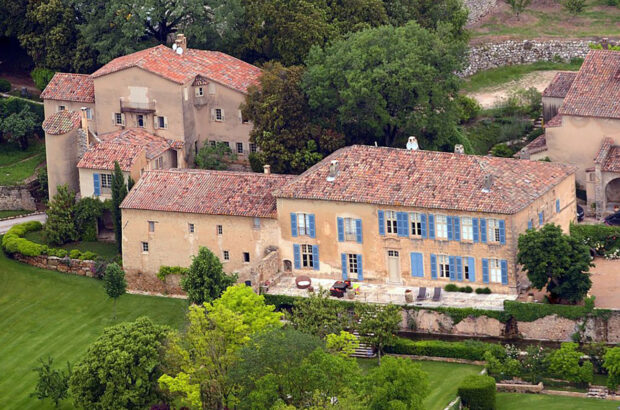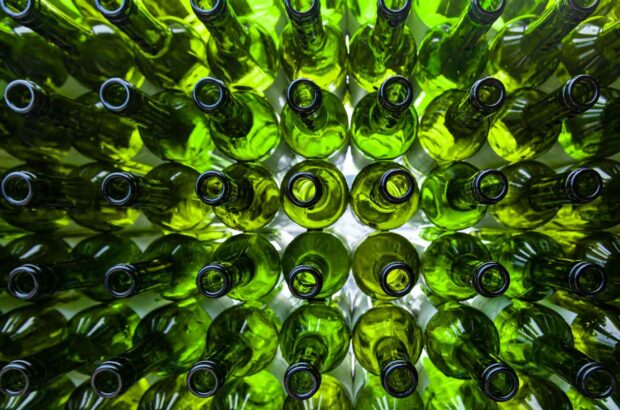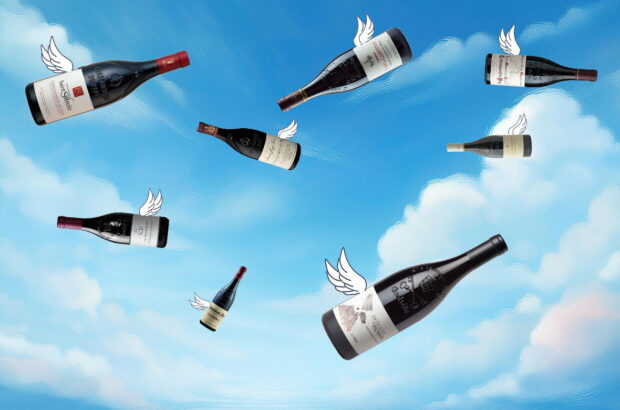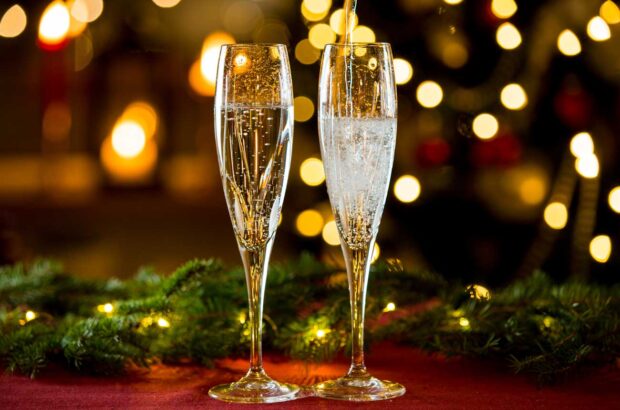Millionaire newspaper owners the Barclay brothers are celebrating their first grape harvest on the island of Sark.
One of the smallest of the Channel Islands, just three miles long and a mile wide, Sark is about eight miles from Guernsey.
Part of it is owned by David and Frederick Barclay (pictured), owners of UK newspaper the Daily Telegraph and news magazine the Spectator.
They planted vineyards on the island two years ago, as well as a small plot on the island of Brecqhou, west of Sark.
The Barclays have invested over £1m in the project, according to Kevin Delaney of Sark Estate Management.
They have built a new winery, planted some 11ha of vines, from Chardonnay, Pinot Gris and Savagnin to Pinot Noir and Gamay, located in small plots all over the island, with a potential to produce around 100hl of wine.
A dry white, a sparkling white and a red wine are planned, all farmed organically. The first wines will be available for sale in bottle by next year’s harvest.
Despite the island being officially neither in the UK nor the EU, there is a distinct French influence in the winemaking – with Bordeaux’s Alain Raynaud, former owner of St Emilion’s Chateau Quinault, heading a team that comprises permanent winemaker Etienne Longuechaud, who studied winemaking at La Tour Blanche in Bordeaux, and vineyard consultancy from terroir-specialist David Pernet of Sovivins.
The sparkling wine production will be overseen by Champagne producer Mark Quertenier.
‘This year the harvest is tiny – barely a barrel,’ Raynaud told Decanter.com, ‘but it is enough for us to begin our analysis, to work out which grape varieties are doing best and responding to the climate and terroir. This is a laboratory vintage.’
Raynaud said the greatest challenge was the island’s exposure to wind, making a strong trellising system necessary to protect the grapes,
‘To combat this, they are about to plant 5,000 trees, hedges and shrubs to promote biodiversity, and to provide a wind barrier for the vines,’ Delaney said.
Raynaud said he is pleased with the quality of the grapes.
‘The temperatures are good, and we have seen 12 degrees natural alcohol in the whites. We are likely to use a secondary malolactic fermentation on the whites to soften the acidity, and the quality is extremely promising.’
Written by Jane Anson in Bordeaux







